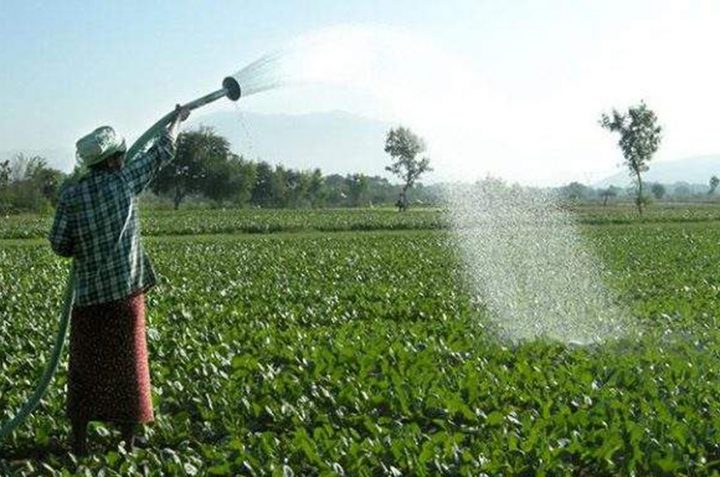24 Sep
A total of 1,041 enterprises have been approved to take out over K20.7 billion from the second COVID-19 Fund, according to a committee to remedy the economic impacts caused by the coronavirus pandemic. The applicants approved by the committee will be screened in line with bank rules and procedures, and they are not eligible for the loan if they get sued by a bank. The remaining applications are being processed, the committee stated.
The priority sectors for the second batch of COVID loan are agriculture and livestock enterprises, manufacturing businesses, import-substitution businesses, food and beverage businesses, oversea employment agencies, export and import businesses, and vocational schools.
The 2019-2020 additional budget of K100 billion is put into the second COVID Fund to mitigate the economic impacts of the coronavirus on the businesses. The government started the first COVID Fund to the business stricken by the coronavirus impacts, with K50 billion allocated from the country’s revolving fund and another K50 billion from the social welfare fund. The loan is set to pay off within one year, at one per cent of the interest rate. In the first batch, more than 4,250 businesses applied for the loan and 3,393 of them received the loan in line with the loan procedures. Over K101 billion have been disbursed under seven batches, Ministry of Investment and Foreign Economic Relations announced.
The committee was formed on 13 March, and Union Minister U Thaung Tun for Investment and Foreign Economic Relations was appointed as the chairman of the committee. The committee is responsible for measures to address the negative impacts of the pandemic situation on trade and tourism sectors, short, medium and long term measures to respond to the COVID-19 crisis, together with the private sector and related associations, creation of new jobs for those employees who have been laid off at the factories, conducting vocational education to the workers, and additional measures to explore new markets to buy raw materials for CMP garment businesses in the country instead of relying on the sole market — China.
Additionally, the public and private sectors need to cooperate in setting up the supply chain on our own sources, including weaving, knitting, dyeing, and sewing factories, the committee urges. Furthermore, as the long-term strategies, the committee will request Myanmar President office to give tax exemption and reliefs depending on the situations of the COVID-19 impacts on SMEs and to provide loans to the domestic businesses at a low-interest rate.
By Nyein Nyein (Translated by Ei Myat Mon)


